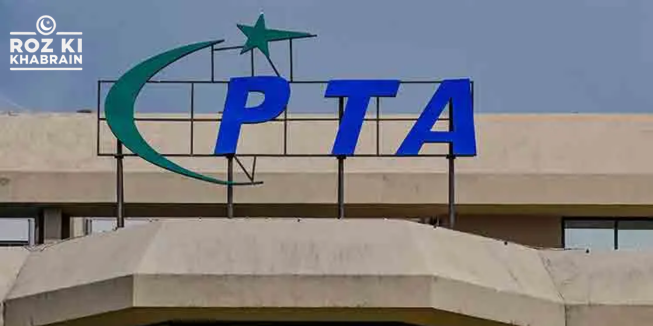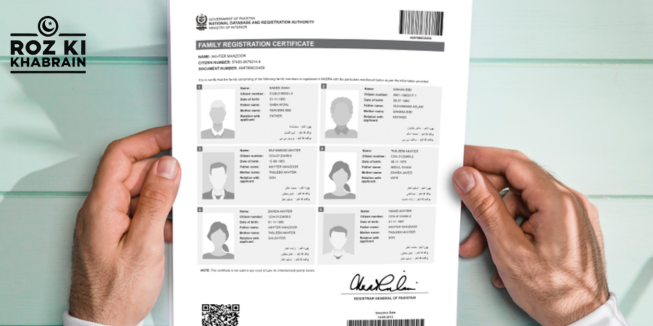On Wednesday, Pakistan Telecommunication Authority (PTA) Chairman, Retired Major General Hafeezur Rehman, informed the Senate Standing Committee on Information Technology that social media platforms have complied with 80% of content removal requests made by the PTA.
During the briefing, Rehman shared that PTA receives around 500 complaints daily related to social media content. He explained, “The authority regularly requests platforms to remove specific material, and 80% of these requests have been acted upon. However, 20% of flagged content remains unaddressed by the platforms.”
Senator Kamran Murtaza raised concerns about PTA’s authority to impose internet restrictions and questioned the legal framework that supports such actions. He pointed out that current laws do not explicitly allow for internet shutdowns in specific areas. Rehman responded by clarifying that the government had instructed the PTA to carry out internet shutdowns over the past nine years.
Rehman emphasized that the PTA operated on directives from the Ministry of Interior, which holds the authority to instruct the PTA on such matters. A legal representative from the Ministry of IT backed this, noting that while the law covers content blocking, it is silent on regional internet shutdowns.
Senator Humayun Mohmand pointed out that the regulations address content blocking but not the suspension of internet services in specific areas. The Special Secretary of the Ministry of IT added that shutting down internet services is the only method to block content in targeted locations.
Rehman further explained that the PTA keeps a record of all internet suspensions and can provide precise details about the times and dates of such disruptions.
Senator Murtaza countered by stating that parliament, not the government, should hold the authority over such regulatory decisions. Rehman responded by reminding the committee that its members had previously held government positions.
The session concluded with ongoing discussions about the legal gaps in regulating online content and the responsibilities of the PTA regarding internet services.




